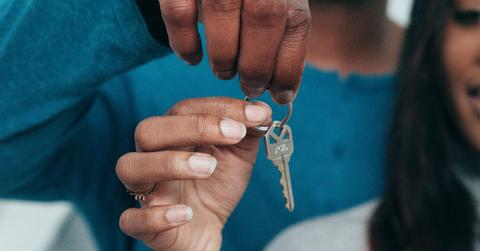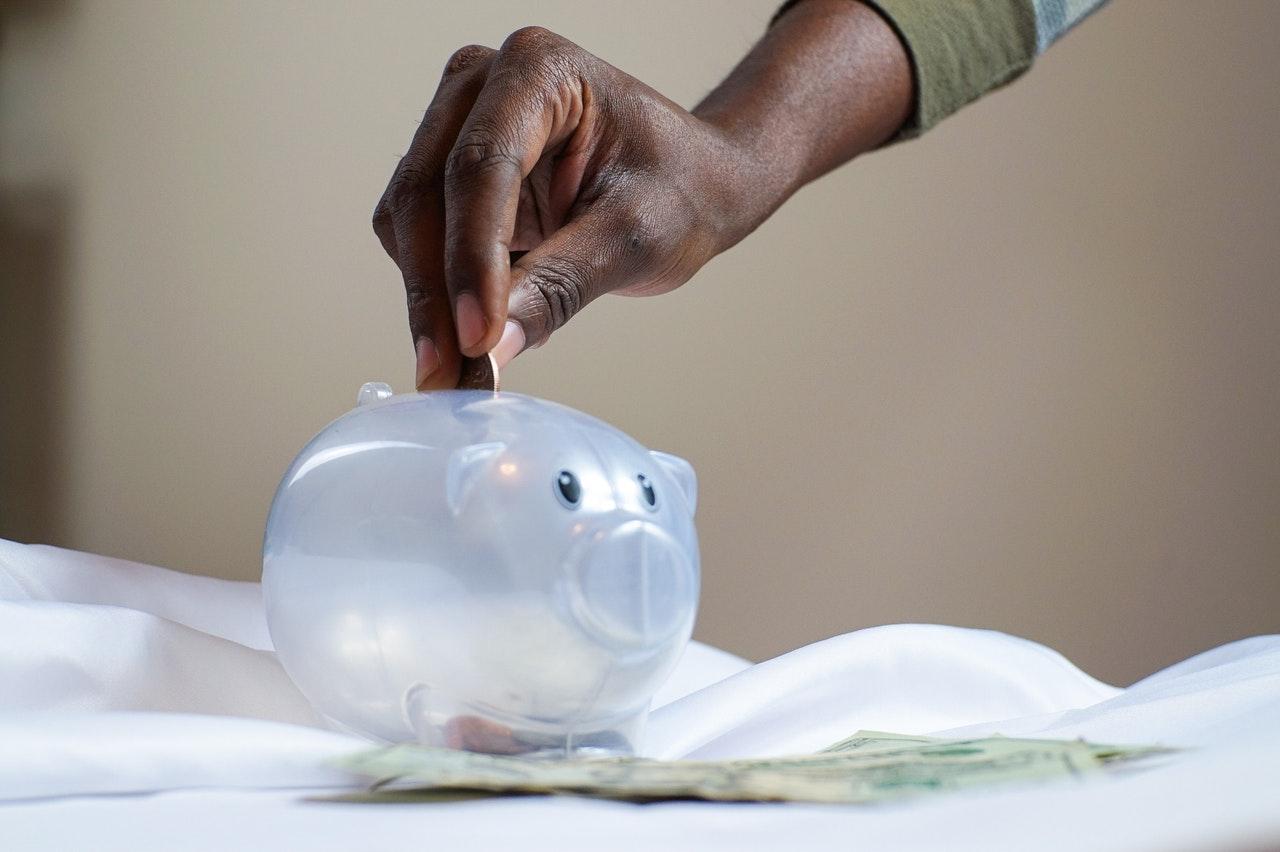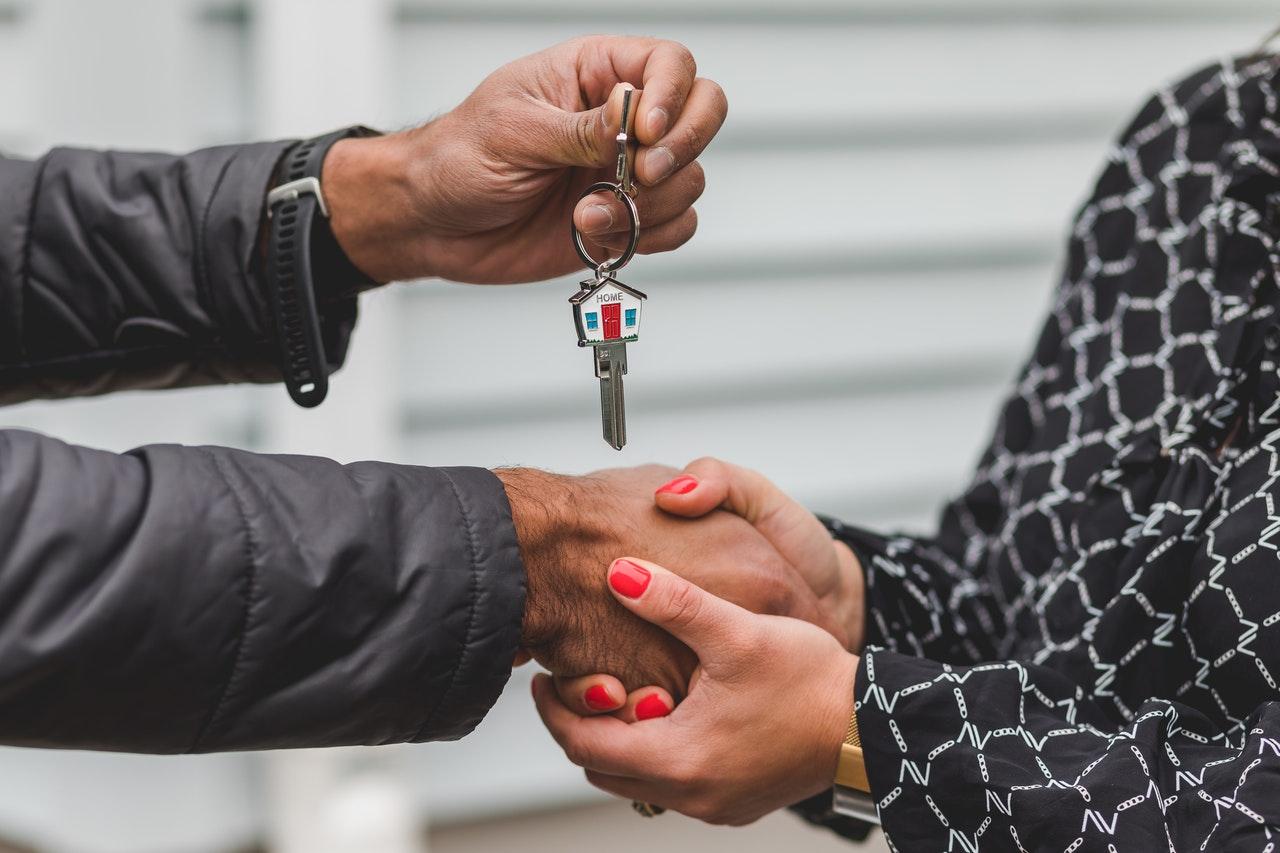12 Tips For Saving To Buy Your First Home

Are you dreaming of owning your own home, but feel like it’s out of reach? Don’t despair! There are plenty of ways to save for a down payment on a mortgage. With a little bit of discipline and creative thinking, you can make your homeownership dreams come true.
Often, first-time home owners don’t have a particularly large budget and so they end up seeking the help of qualified experts on how to keep on top of their finances. However, it is still possible for anyone to secure a mortgage. Check out our top 12 tips below:

1. Start by creating a budget and sticking to it.
One of the best ways to save money is to create a budget and stick to it. Figure out how much money you have coming in each month and what you can afford to spend on essentials like rent, food and bills. Be ruthless with your spending and see where you can cut back, even by a few dollars each month. This could be anything from eating out less to cancelling subscriptions you no longer use.
2. Create a savings account and set up a direct debit.
One of the simplest ways to save money is to open a savings account and set up a direct debit. Dedicate a set amount of money each month to go into your savings account. This will help you to gradually build up your savings over time.
3. Start a regular savings plan.
If you’re finding it difficult to save a big lump sum, start a regular savings plan instead. This involves setting aside a fixed amount of money each month to save. This can be a great way to gradually build up your savings over time.
4. Pay off your debts.
If you want to save for a deposit, it’s important to get your debts under control first. Paying off your debts will free up more money each month so you can put this towards your savings.
5. Sell your unwanted items.
If you’re looking for ways to make some extra money, why not sell your unwanted items? You could hold a garage sale or sell your belongings online. This can be a great way to make some quick cash and clear out your clutter at the same time.

6. Set a goal and make a plan.
If you want to save for a house deposit, it’s important to set a goal and make a plan. Figure out how much money you need to save and how long it will take you to reach this target. This will help you to stay motivated and focused on your goal.
7. Make a list of priorities.
When it comes to saving for a house deposit, it’s important to be realistic about your priorities. Figure out what’s most important to you and focus your efforts on these things. For example, you may want to save more money for essentials like rent and bills rather than for luxuries.
8. Use your tax refund wisely.
If you’re expecting a tax refund this year, why not use it to help you save for a house deposit? This is a great way to boost your savings and get closer to your goal.
9. Cut back on your spending.
If you want to save for a house deposit, you’ll need to be ruthless with your spending. See where you can cut back on your monthly outgoings and put this money towards your savings instead. This could include anything from eating out less to cancelling subscriptions you no longer use.
10. Make extra money.
If you want to save for a house deposit quickly, you’ll need to make extra money. There are lots of ways to do this, such as taking on extra shifts at work or starting a side hustle. This can be a great way to boost your savings and reach your target sooner.
11. Set up a mortgage calculator.
If you’re looking to buy a house in the near future, it’s a good idea to set up a mortgage calculator. This will help you to work out how much money you need to save for a deposit.
12. Stay motivated.
Saving for a house deposit can be a long and challenging process. It’s important to stay motivated throughout this time so you can reach your goal. One way to do this is to set mini-goals along the way, such as saving a certain amount of money in a month or reaching a certain savings target.
Congratulations on taking the first step to buying your first home! Saving for a mortgage can seem daunting, but following these simple steps will make it easier than you think.By setting a budget and sticking to it, coming up with a monthly savings plan, and automating your savings, you’ll be well on your way to reaching your goal. And don’t forget to cut back on unnecessary spending and prioritize your purchases – every little bit counts. So follow these tips, stay motivated, and before you know it you’ll be signing those closing papers. Good luck!
This article was written by Eve Crabtree and originally appeared on Your Coffee Break.





